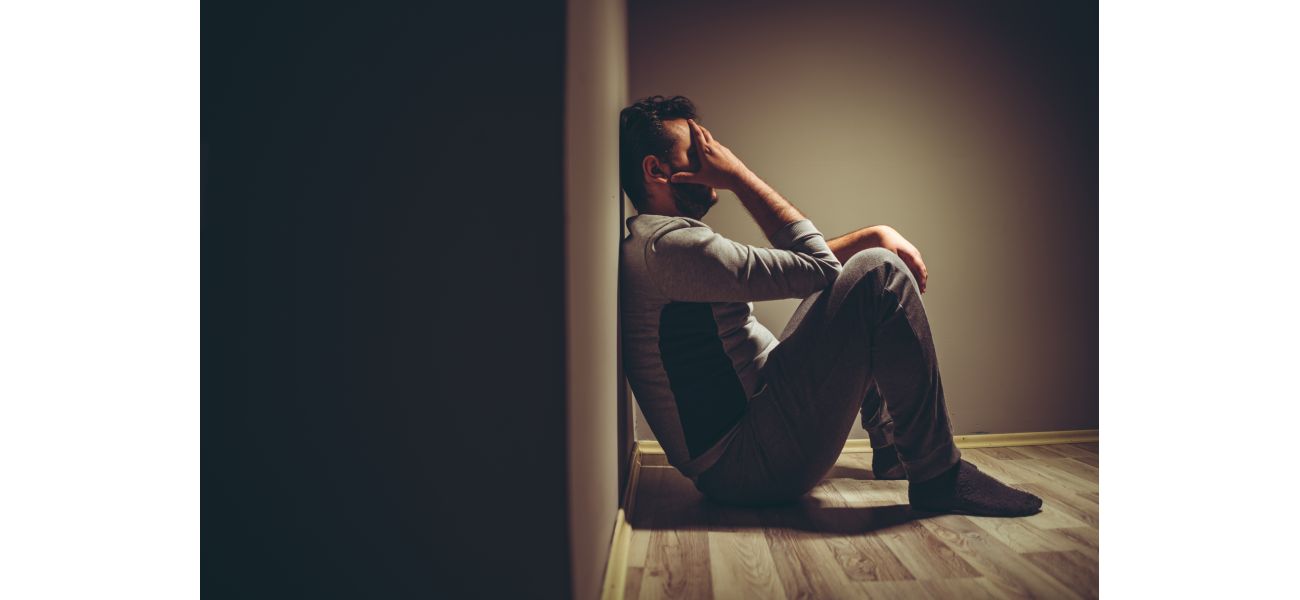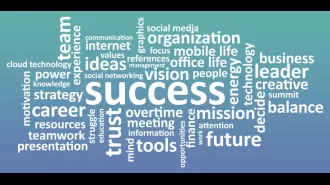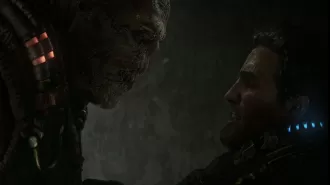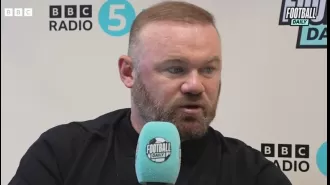I have remorse for mourning my dad.
I had been considering visiting him after 10 years, but now it's too late.
December 4th 2024.

When I think back to that fateful Thursday night, I can't help but feel a heavy weight of guilt weighing on my shoulders. It started off as a normal evening, my girlfriend and I were planning to meet up with some friends for drinks and a birthday celebration. Little did I know, my entire world was about to be turned upside down.
As I reached for my Guinness at the pub in West London, my phone lit up with a call from my half-sister. In that moment, I knew. I knew it was the call I had been dreading for months. The call that would confirm my worst fears. My father, who had been battling illness, had passed away. And I was too late to say goodbye.
I'll never forget that feeling of being frozen in place, unable to even answer the phone. When she called back, I knew what she was going to say. My mind was racing, trying to process the news, but at first, it didn't hit me as hard as it should have. I carried on with the evening, not wanting to ruin the birthday celebration for our friend. But as the night went on, the weight of the news began to sink in.
It wasn't until the early hours of the morning that it truly hit me. I felt like I had been hit by a truck, struggling to catch my breath and make sense of it all. Queen Elizabeth II once said that grief is the price we pay for love, but in my case, it was a different kind of grief. I wasn't mourning someone I had a close relationship with, someone who had been a constant presence in my life. My father had been absent since I was a child.
Growing up, I never questioned his absence or felt the need to reach out. I was lucky to have a mother who showered me with love and a stepfather who became my hero. Our blended family was a model of love and support, with siblings from different mothers and fathers, and we were all there for each other. So when my father re-entered my life through email during my university years, it didn't feel like I was missing anything.
We met up a few times, but we didn't stay in regular contact. There was no deep bond or need for a father figure in my life. And when I had my own son, I couldn't find the space in my life or my heart to reconnect with my father. And now, it was too late.
While I never felt like I missed out on having a father, his passing has brought on a wave of emotions that I can't quite explain. I feel sadness, guilt, and even anger. I feel guilty for feeling grief when I know others have lost their parents at a young age and have had to be strong and resilient. I feel guilty when people ask if I'm okay, and my employer offers support and kindness.
But despite the guilt, the grief is real. It's draining, like no other emotion I've ever experienced. It's like an emotional earthquake, similar to the overwhelming love and concern I felt when my son was born. But I've come to realize that everyone's grief is unique because every relationship is different.
I received a message from a colleague who had lost her father recently. I immediately tried to downplay my own grief, feeling guilty for even comparing it to hers. But she reminded me that relationships are complicated, even in death. And she's right.
Sharing my story has been therapeutic, and I hope it helps others who may be going through a similar experience. I've come to terms with the fact that my feelings of grief may not make sense to others, but they are real to me. And that's all that matters.
As I reached for my Guinness at the pub in West London, my phone lit up with a call from my half-sister. In that moment, I knew. I knew it was the call I had been dreading for months. The call that would confirm my worst fears. My father, who had been battling illness, had passed away. And I was too late to say goodbye.
I'll never forget that feeling of being frozen in place, unable to even answer the phone. When she called back, I knew what she was going to say. My mind was racing, trying to process the news, but at first, it didn't hit me as hard as it should have. I carried on with the evening, not wanting to ruin the birthday celebration for our friend. But as the night went on, the weight of the news began to sink in.
It wasn't until the early hours of the morning that it truly hit me. I felt like I had been hit by a truck, struggling to catch my breath and make sense of it all. Queen Elizabeth II once said that grief is the price we pay for love, but in my case, it was a different kind of grief. I wasn't mourning someone I had a close relationship with, someone who had been a constant presence in my life. My father had been absent since I was a child.
Growing up, I never questioned his absence or felt the need to reach out. I was lucky to have a mother who showered me with love and a stepfather who became my hero. Our blended family was a model of love and support, with siblings from different mothers and fathers, and we were all there for each other. So when my father re-entered my life through email during my university years, it didn't feel like I was missing anything.
We met up a few times, but we didn't stay in regular contact. There was no deep bond or need for a father figure in my life. And when I had my own son, I couldn't find the space in my life or my heart to reconnect with my father. And now, it was too late.
While I never felt like I missed out on having a father, his passing has brought on a wave of emotions that I can't quite explain. I feel sadness, guilt, and even anger. I feel guilty for feeling grief when I know others have lost their parents at a young age and have had to be strong and resilient. I feel guilty when people ask if I'm okay, and my employer offers support and kindness.
But despite the guilt, the grief is real. It's draining, like no other emotion I've ever experienced. It's like an emotional earthquake, similar to the overwhelming love and concern I felt when my son was born. But I've come to realize that everyone's grief is unique because every relationship is different.
I received a message from a colleague who had lost her father recently. I immediately tried to downplay my own grief, feeling guilty for even comparing it to hers. But she reminded me that relationships are complicated, even in death. And she's right.
Sharing my story has been therapeutic, and I hope it helps others who may be going through a similar experience. I've come to terms with the fact that my feelings of grief may not make sense to others, but they are real to me. And that's all that matters.
[This article has been trending online recently and has been generated with AI. Your feed is customized.]
[Generative AI is experimental.]
0
0
Submit Comment





